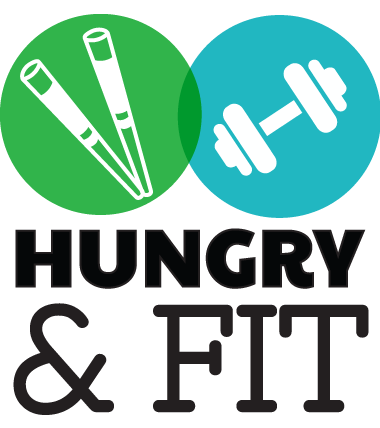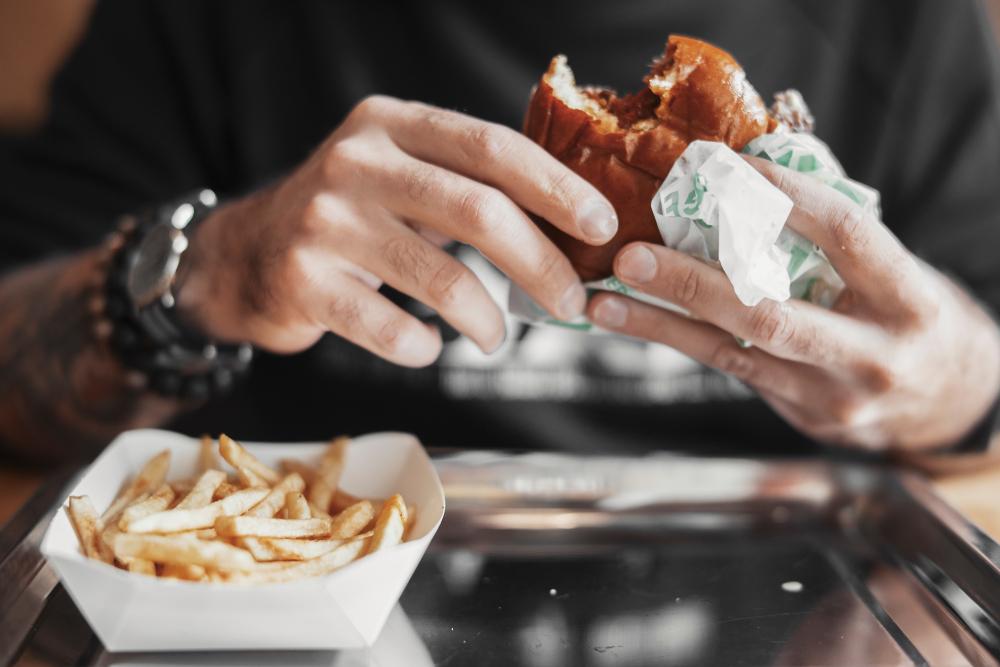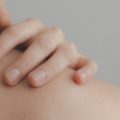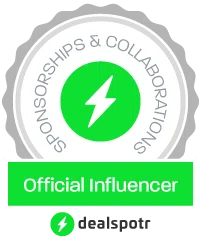Just when you thought that you’d left acne behind in your teenage years, it comes knocking once again in adulthood. It’s a frustrating problem for a lot of guys, made worse by the fact that male adult acne tends to be particularly stubborn and difficult to treat.
While research has shown that women struggle with adult acne just as much—if not more—than men do, a 2018 study published in the Journal of Clinical and Aesthetic Dermatology found that men generally have more severe acne symptoms compared to their female counterparts. To pile on more bad news, a powerful acne treatment alone may not be enough to combat your stubborn breakouts.
If nothing you do seems to clear up your acne, it may be time to take a closer look at your diet. Though the research is far from certain, there is some evidence that suggests that these six foods could be secretly sabotaging your skin.
- Refined Carbohydrates
Besides being a poor source of nutrients, refined carbohydrates such as white bread and pasta aren’t good for our skin. This food group has long been at the top of the list of potential acne culprits, and for good reason.
Refined carbs digest quickly and cause glucose levels to spike, which makes them a high glycemic food. High glycemic foods are believed to stimulate hormones in the body which trigger excess oil production, resulting in acne breakouts. This theory was confirmed in 2007 when a groundbreaking study published in the American Journal of Clinical Nutrition found that male patients who went on a low glycemic load diet had a significant improvement in their acne.
To keep acne at bay, limit your intake of white rice, pastries, white bread and other refined and processed carbohydrates. By eliminating these foods, you’ll be doing your skin—and your entire body—a huge favor.
- Added Sugars
The added sugars that are often found in many refined carbs aren’t helping your acne situation either. When blood sugar levels are spiked, your body causes a chain reaction by producing inflammatory chemicals (known as cytokines) throughout the body.
These chemicals stimulate hormones in the body, which in turn trigger your body’s oil gland production. The excess oil clogs your pores, resulting in annoying whiteheads or deep, painful cystic pimples that are tough to treat.
Added sugars are hiding everywhere—even in seemingly healthy foods such as breakfast cereals and fruit cups. To reduce your added sugar intake, read the ingredients by checking the nutrient facts label on the back of your foods.
- Milk
There is a huge amount of anecdotal evidence to support the idea that dairy is the cause of acne. But how true is this, exactly?
Though it’s mostly a long-held myth that dairy is the cause of acne, there is some evidence that milk can trigger breakouts in those who are acne-prone. In a 2016 study published in the Journal of the American Academy of Dermatology, there was a link between subjects who regularly drank low-fat or skim milk and their acne severity.
Researchers believe the reason for this may have something to do with how some vitamins are lost in the making of low-fat and fat-free milk varieties. If you drink milk daily, try swapping it out for a healthy juice (low in sugar, of course) to see if your acne improves.
- Whey Protein
If you’re one of the many guys who uses whey protein for your gym workouts, we’ve got bad news: It could be compromising your complexion.
Whey protein is a bunch of proteins which are isolated from whey, the watery part of milk that is separated during the cheese production process. Though studies on the topic of whey protein and acne have been small, a 2012 study published in Cutis did show that subjects who stopped using whey protein had a noticeable improvement in their acne.
- Alcohol
When it comes to alcohol consumption and acne, the research is mixed. Some studies have shown that alcohol can mess with our hormones and trigger acne flareups, while other research has found no such evidence.
A 2003 study published in Alcohol Clinical and Experimental Research found a link between alcohol intake in men and a temporary increase in their testosterone. Testosterone is known to stimulate oil gland production, resulting in oily skin and clogged pores.
Another sneaky way alcohol can cause acne is by making us lazy. After a heavy night of drinking, most of us just can’t be bothered to wash the grime off our face or apply a bedtime moisturizer before crashing into our beds.
- Food Sensitivities and Food Allergies
While not exactly a food group, it’s worth pointing out that some guys have unknown food sensitivities and food allergies that could be sabotaging their skin. In addition to causing digestive distress, some food allergies can also affect the skin.
For instance, if you have a gluten sensitivity, going gluten-free may help clear up your acne. Other common food allergies such as eggs, nuts and soy can potentially contribute to acne breakouts in those who are allergic.
Just be sure to talk with your doctor before going on any elimination diet first. In the case of gluten, going gluten-free may actually end up doing you more harm than good. This is because gluten contains many important nutrients that can potentially improve your acne, such as zinc and niacin.
Final Thoughts
If you’re tired of dealing with acne breakouts, avoiding these foods can potentially help you achieve a clearer complexion. The downside is that eating a skin-healthy diet may not be enough on its own to completely get rid of your acne.
For this reason, the American Academy of Dermatology recommends eating a healthy, balanced diet on top of your existing acne treatment system. By taking a multifaceted approach to your acne, you can finally kiss your stubborn breakouts goodbye.












